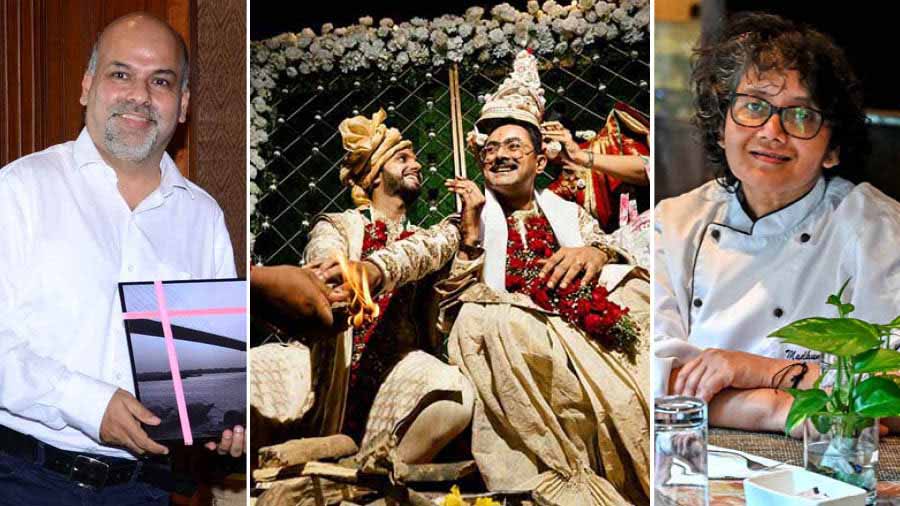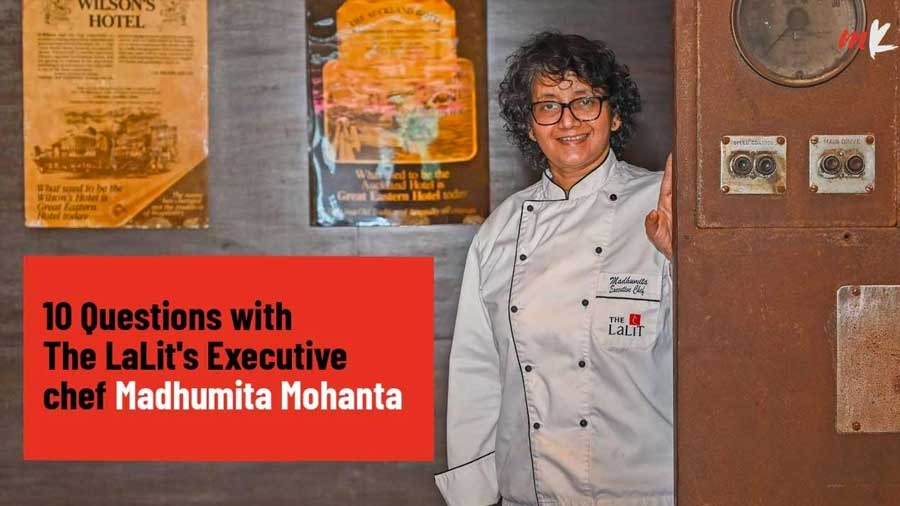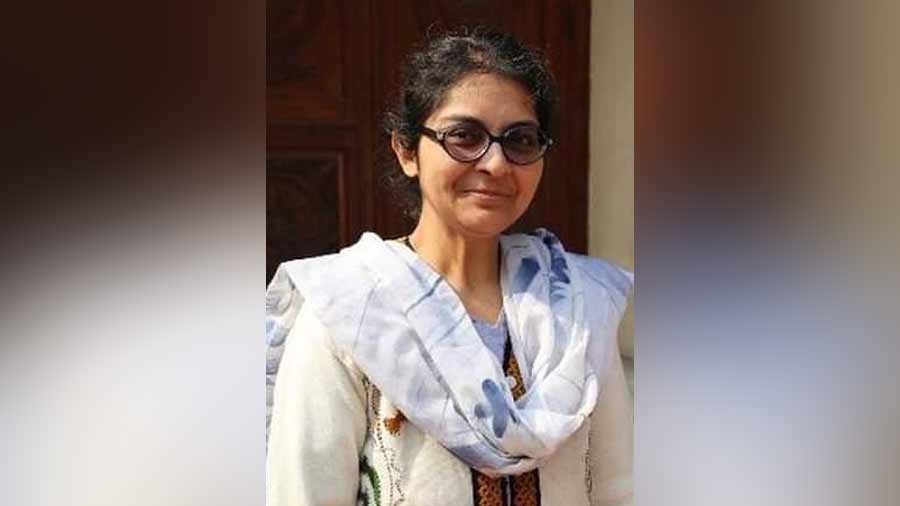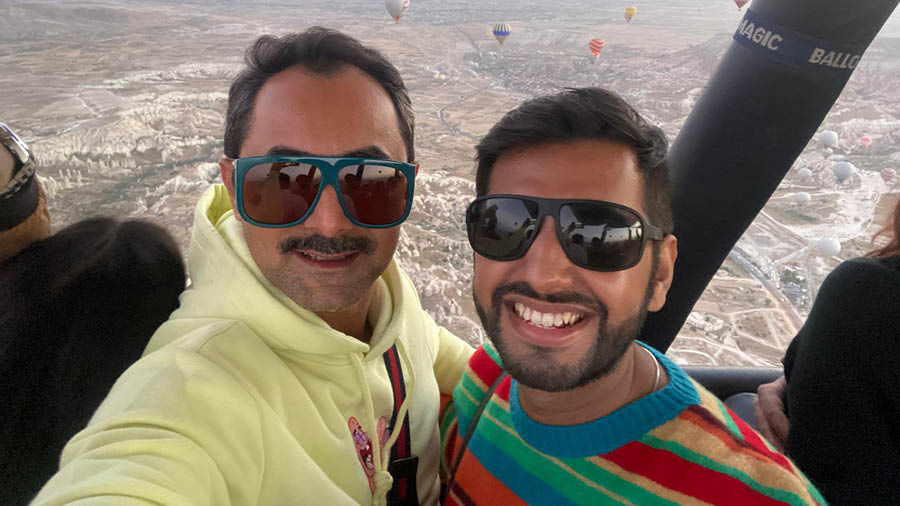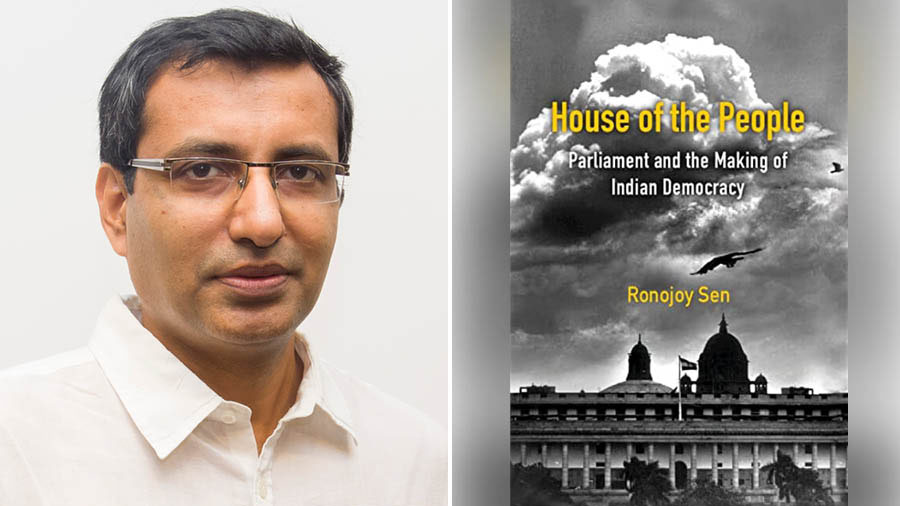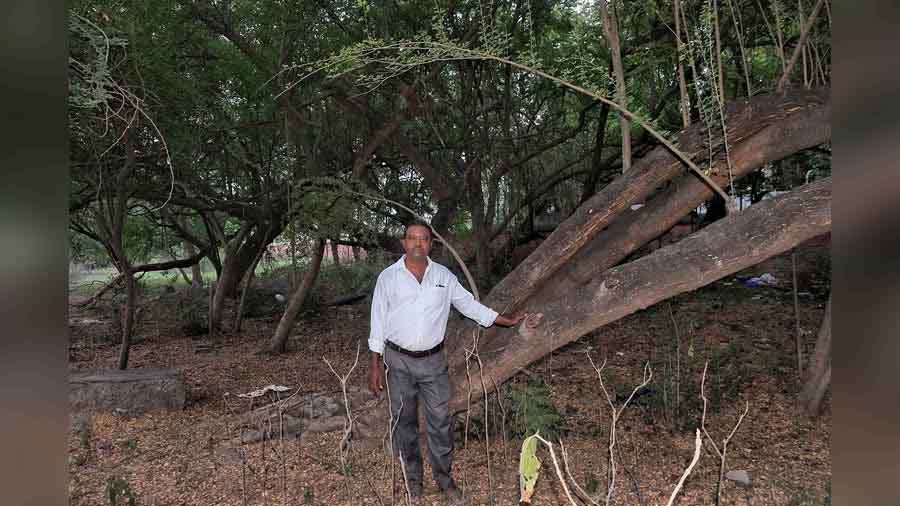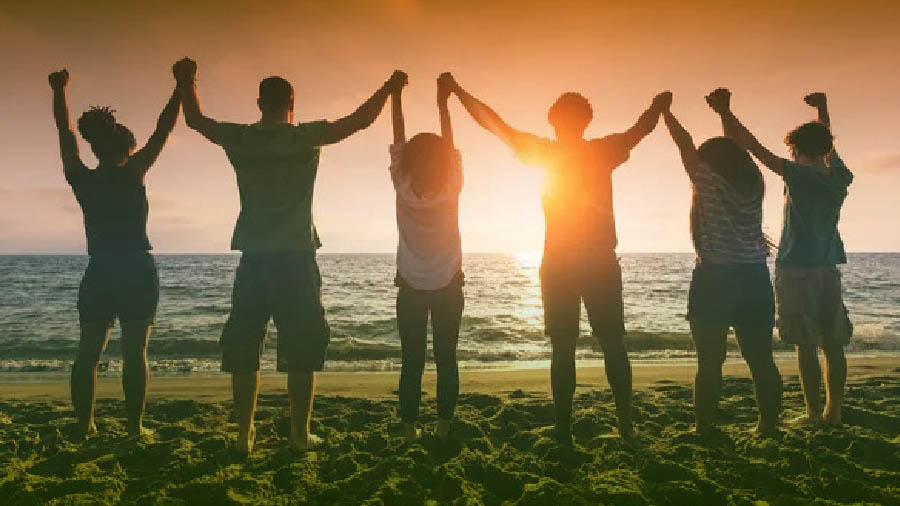As we celebrate our 77th Independence Day as a nation of almost 1.5 billion people, India has come a long way. It has been a freedom won through the blood, tears, hopes and dreams of many revolutionary voices who dreamed of a free-thinking, independent nation “where the mind lives without fear”.
At 76, India is still a young country, discovering its place in the world. There is much to celebrate in this nation — from art and culture, and missions to outer space to the potential of being an economic superpower — yet, there’s much that needs to be done.
This Independence Day, we spoke to a few Indians, each a strong voice of progress and change, about the freedoms they wish we already had in independent India.
Freedom from gender expectations and roles
Madhumita Mohanta, executive chef, The Lalit Great Eastern Kolkata
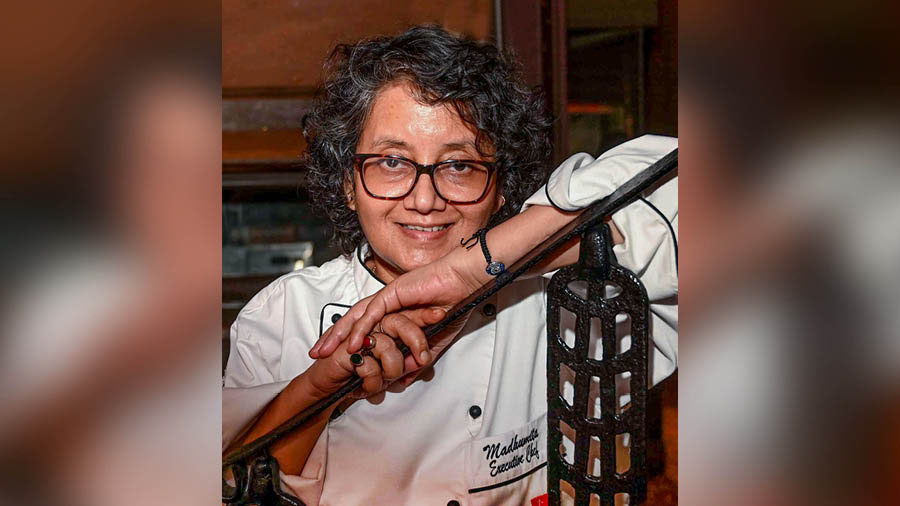
Madhumita Mohanta
Traditional thinking often places the responsibility of the kitchen on women in Indian homes. There are still differences in perceptions, especially in rural areas, but things are slowly changing. Younger generations are not looking at cooking as gender-specific. Many young girls aren’t interested in cooking, while young men are keen on it. The transformation is ongoing and we are gradually becoming more accepting. In some homes, Sunday meals are now prepared by fathers, and it’s only a matter of time before this shift becomes the norm. In my opinion, anyone who finds joy in cooking should pursue it, regardless of their gender. Cooking involves more than food — it's about reducing waste, conserving energy, and crafting menus. So let's break free from the confines of gender expectations and embrace the freedom of choice in the kitchen.
— As told to Karo Christine Kumar
Freedom from the violation of civil rights
Prothoma Rai Chaudhuri, senior professor of political science at St. Xavier’s College, Kolkata
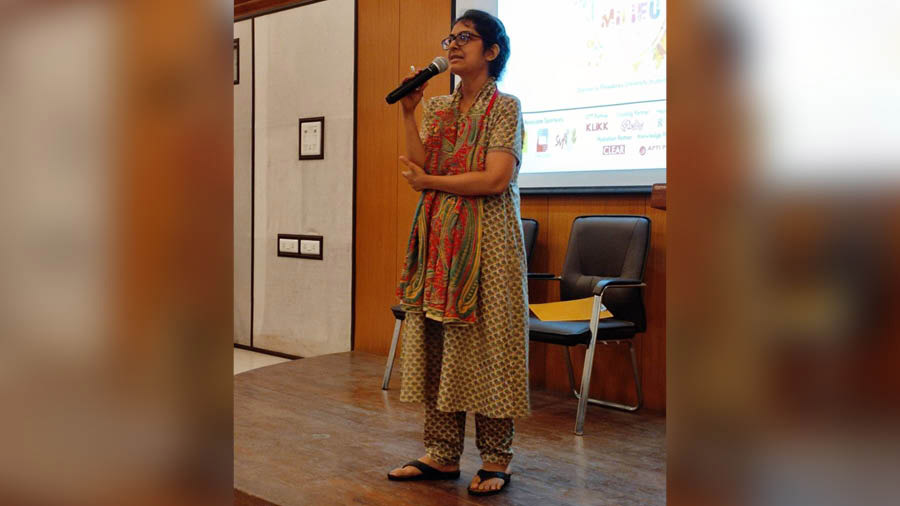
Prothoma Rai Chaudhuri
India, today, is confronted by a conceptual puzzle, namely the fact that civil rights and political freedom have come to be adversaries of each other. Historically speaking, the duo emerged coterminously, and have since co-existed as ideas together, promising to enhance the democratic performance of the State and realise the democratic potential of civil society. It is with great alarm that we note the gradual divorce between the two, wherein the fact of political independence has emerged as a potent cover for the systemic and systematic violations of civil rights of the citizens. The unfortunate regret in our minds over political independence being inadequate or irrelevant or unworthy of our affectionate regard stems precisely from here. This is unlikely to be mitigated by any loud and vulgar display of the symbols of jingoistic nationalism, from the imposition of Hindi over India’s legendary linguistic diversities to the government-promoted idea of an apparently innocuous selfie with the tricolour.
— As told to Priyam Marik
Freedom to be who you are and love who you want
Abhishek Ray, designer, Kolkata
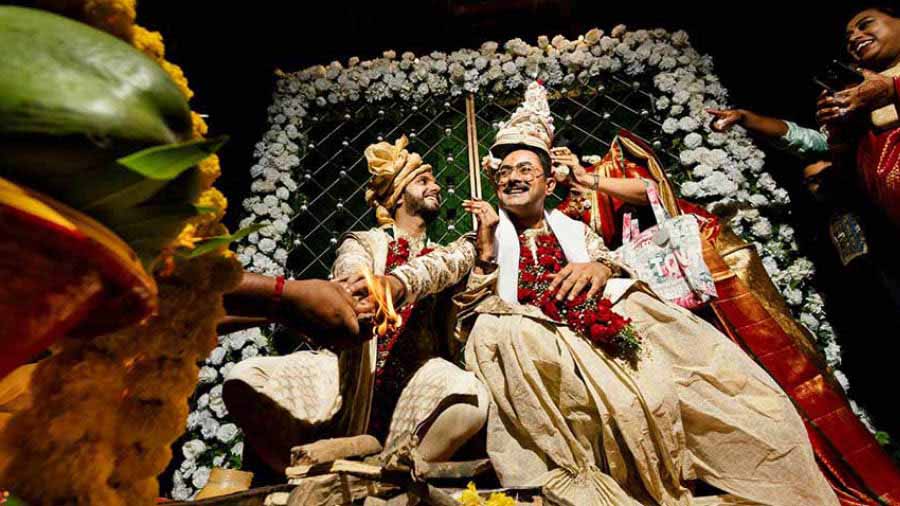
Abhishek Ray and Chaitanya Sharma had a big fat gay wedding ceremony in Kolkata in 2022 Charcoal and Vermillion
For same-sex couples in India, the big issue is that we’re being deprived of fundamental rights. Real freedom means having these rights, which would let us live the life we dream of. It’s easy for privileged people like us, who reside in urban settings and are exposed to more progressive elements of society, to say, “I’ll do what I want, dekha jabey (we’ll see),” but in the rural areas, there’s fear of the police and fear of judgement. When same-sex couples have legal rights, they can live without worry, knowing the law supports them.
Freedom, in an independent India, is living life our own way, without others telling us what to do. It means eating what we want, and not what our religion tells us to. It’s about speaking up without being scared. This kind of freedom, especially in love and relationships, is essential for a more inclusive and open society.
— As told to Karo Christine Kumar
Freedom of speech and the press
Ronojoy Sen, senior research fellow at the National University of Singapore
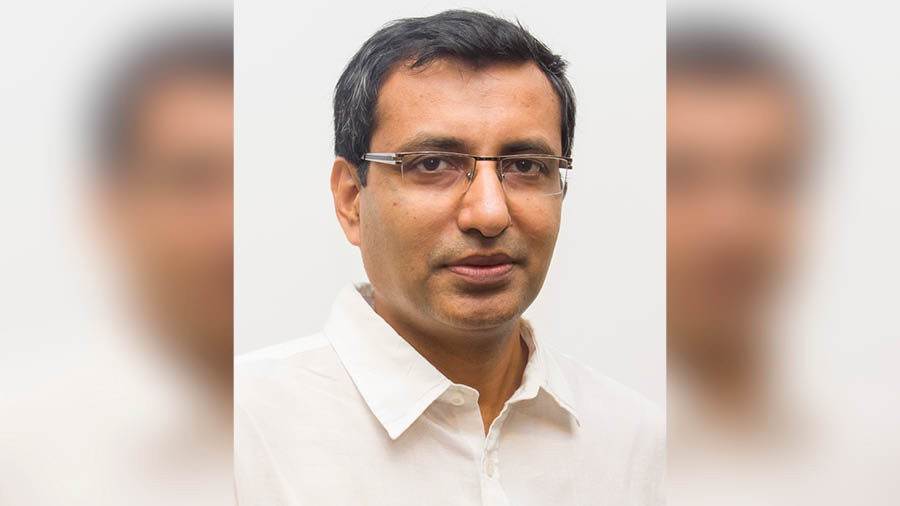
Ronojoy Sen
It is often forgotten that the right to freedom of the press or the media is not enshrined in the Indian Constitution. The debate over the restrictions on the right to freedom of speech was a contentious one with Jawaharlal Nehru crossing swords with opposition figures, especially Shyama Prasad Mukherjee of the then Jana Sangh. Nehru, for his part, forcefully articulated the need for safeguards on the freedom of speech and the press. Despite the constitutional safeguards and the many court rulings over the years, the state of the freedom of press remains perilous in India. Indeed, India in 2023 was ranked an abysmal 161 out of 180 countries in the World Press Freedom Index. Although sedition did not find a place in the Constitution as a permissible restriction on free speech, it still remains in the Indian Penal Code (which is currently subject to change by the government). Though the court has ruled that the voicing of anti-India sentiments does not constitute sedition, the law continues to be used by the government — both at the Centre and the State — to silence critics and intimidate the press. There has been a sharp rise in sedition cases since 2014, even as the conviction rate for sedition remains low at below five per cent. The stringent Unlawful Activities (Prevention) Act (UAPA) has also been liberally used to curtail the freedom of speech of a range of Indian citizens, including journalists. Over the years, the State has also expanded its right to infringe on the freedom of the media by using other existing draconian laws with impunity.
— As told to Priyam Marik
Freedom to, and the right to, free movement and acceptance
Sudipendu Dutta, IT and Advocacy Trainer, Coordinator, Ankur Advocacy Group (AAG), Indian Institute of Cerebral Palsy
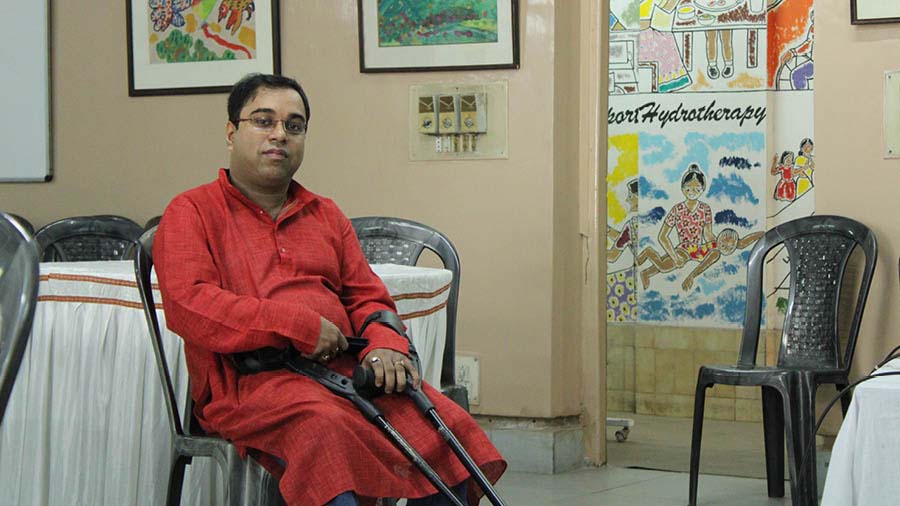
When I was one and a half years old I couldn’t sit up and was diagnosed with cerebral palsy. I was referred to IICP from IPGME&R and SSKM Hospital. Ever since I have been trained and educated at IICP. However, I didn’t get the opportunity to study at any mainstream schools because they refused to admit someone like me. At IICP, I completed the computer courses which they conduct in collaboration with Jadavpur University and my first job opportunity was at TCS. IICP has been at the helm of fulfilling my dreams and those of others like me.
To me, the condition where everyone can live together with dignity and self-respect, is freedom. Disability rights are just not for those who have been born with disabilities. Disabilities can come later in life. Everyone has the right to freedom of movement and accessibility. Buses often don’t stop for people with disabilities, in most metro stations there aren’t ramps or spacious elevators. There are seats reserved for people with disabilities in public transport but we cannot access them. Thus, for people with disabilities who work, the travelling costs increase significantly because they have to take cabs to reach their offices. Most places don’t have toilets for disabled people. Sometimes, people with disabilities cannot even access voting booths and in several instances, braille papers are not provided for the visually impaired. Even ATMs aren’t fully accessible. Cases involving people with disabilities are often not filed on time because of the lack of interpreters. We also don’t get LICs because people don’t believe that we can pay premiums. Moreover, the stigma regarding disabilities also hinders the possibility of early intervention. This is because of a lack of awareness. Even though awareness has increased now, especially in the cities, it is still not enough in rural areas. Inclusion is not rocket science and it can only happen when people change their mindsets about disabilities. It is always easy to blame the government for a lack of action but each individual has to work on becoming aware and spreading awareness. Freedom also means the freedom of thought, where people think about these issues and act on them. Disability rights are not exclusive but fall under the rubric of human rights.
— As told to Udita Chakraborty
Freedom to look forward to an environmentally stable world
Mantu Hait, advocate and environmental activist
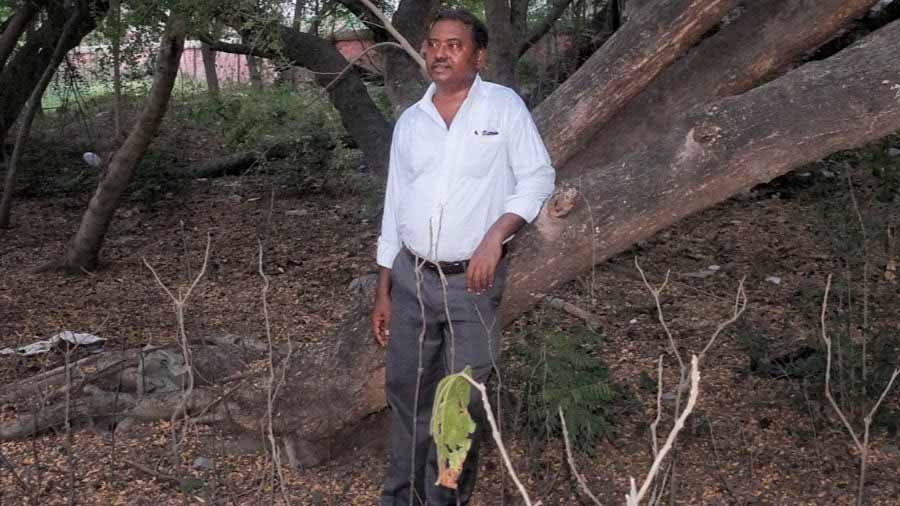
Mantu Hait
Humans and nature are tied up in a constant conflict in the world we live in. I would like to have the freedom to live in a world where humans can coexist with nature. People would enjoy it, cherish it and enrich it. I would like to have the freedom not to protest against the destruction of nature because there would be no need for that, and humanity would work to save nature. I would have the freedom to drink the cleanest water and breathe the purest air. None of us would have to clean water bodies because there would be no pollution. There would be no unnecessary killing of animals and their plants and humans would take only as much from nature as needed. And finally, a world that would give all of us the freedom and right to live in a world where nature thrives.
— As told to Bishwabijoy Mitra
Freedom to talk freely about mental health
Jai Ranjan Ram, consultant psychiatrist
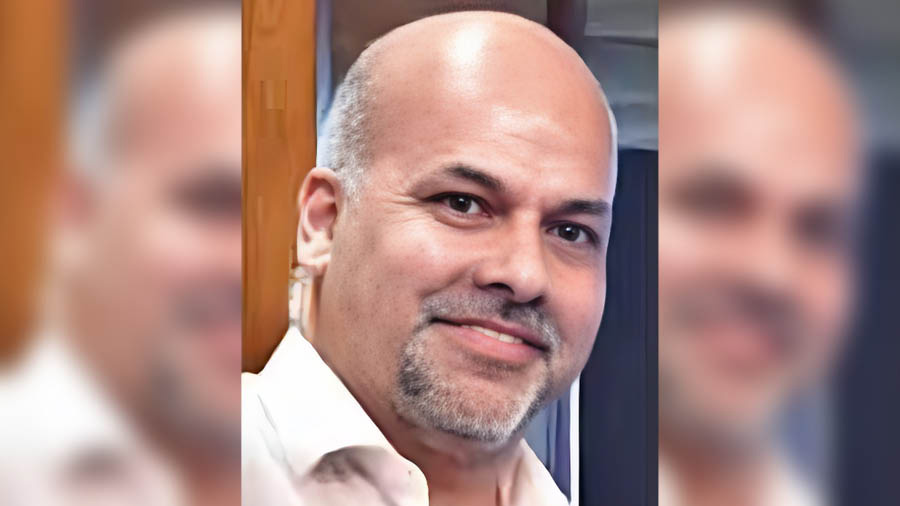
“I believe that freedom is intrinsically linked to mental health, and the lack of conversations around it. The concept of ‘freedom’ is different for people with severe mental illnesses, as they aren’t allowed to roam freely or exercise basic choices. Over 10 per cent of our population has some form of mental illness but sadly, there is a huge treatment gap, where 90 out of 100 people do not receive help because of lack of both services and awareness. Without treatment, one cannot be psychologically free or exercise their full potential. They continue to languish in the illness, unable to attain a free state of mind.”
Contrary to popular belief, Ram emphasises that most treatment is economic. “The vast majority of people can be treated within the community on an out-patient basis, with minimum medication and counselling. Most medicines are also available for free in government hospitals. Unfortunately, due to lack of awareness, people go to faith healers and astrologers, or are abandoned in religious spaces. If we are still beating and locking up people with these illnesses, where is the question of freedom? To this day, we keep people with mental health disorders chained, both physically and metaphorically,” he says.
Ram attributes much of this to prejudice, with many people feeling ashamed to disclose mental health issues. “Psychological problems are brain-related, and when someone is mentally ill, chemical changes occur in the brain. But people believe that it is our doing, and correlate it to being ‘mentally weak’. They feel that it is their fault.” He draws attention to the language people use around this topic, and the lack of sensitivity. “When someone talks about their problems, we tell them to ‘pull up their socks’, or give generic advice like ‘listen to music’. We fail to acknowledge that it is an illness. Media also portrays mentally ill people as violent or unhinged. This pejorative perception makes it even more difficult for people to talk about their mental illness. Our language to communicate and exchange ideas about mental illness is limited. We need to talk about this more freely if our society is to be truly free,” he signs off.
— As told to Vedant Karia
